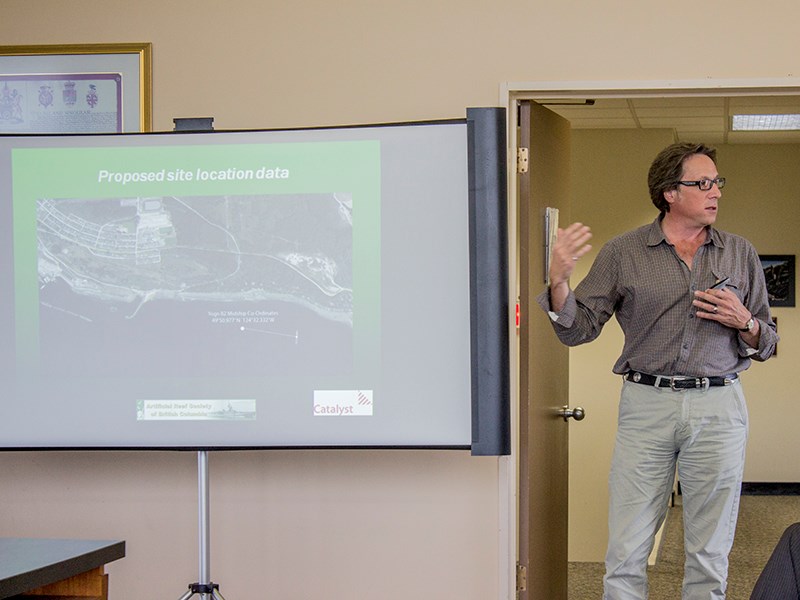More investment, more jobs, more real estate inventory and more tourism. More of all of it. That was the number one business story of 201
Promoting Powell River as a tourist destination is attracting more revenue to the region, which cycles through the economy through accommodations, restaurants, services and shopping. However, as much as it is championed by outdoor and adventure enthusiasts, no data exists to suggest it is the panacea for the woeful economy.
In the spring, it was thought that a lower Canadian dollar, flattened by world oil prices, would spike local tourism as an economic driver. However, there were no numbers to prove it.
In the summer, the real-estate market generated some economic excitement when it became hot, before cooling off, in part, due to a shortage of inventory, an example of the sector’s cyclical nature.
In comparing 2016 to 2015, despite the market slowdown, more sales were reported this year than last. According to Powell River Sunshine Coast Real Estate Board president Neil Frost, as of the end of November, total homes sales numbered 489. He added that over the same time period in 2015, 424 homes were sold.
Out-of-town buyers of property, for investment or for moving here, accounted for approximately 55 per cent of home sales.
At the end of 2016, it appears that prices remain up, demand is down and fewer homes are available for sale.
Despite an increase in local prices, Powell River remains relatively affordable compared to other areas in BC.
Building development totalled $15 million in 2016, but those homes were built for a specific, financially secure demographic. However, as City of Powell River tries to entice people to move here through its resident attraction program, it has obstacles to overcome, such as housing and jobs.
People are not attracted to the city due to a dearth of well-paying jobs, which puts a drain on the local economy and keeps young people from staying in the community. The necessity to move away for work leaves Powell River’s significantly aging population to bear the brunt of taxation on their fixed incomes.
Hopes for an influx of capital and jobs created by Sino Bright school were left in limbo at the end of 2016. The school for international students was in the spotlight, in part, because of Chinese investment.
As for the mill, it remains anyone’s guess where it is heading. In June it was announced that Catalyst Paper Corporation was being sold to Kejriwal Group International.
Catalyst Powell River division vice-president and general manager Fred Chinn said, despite takeover talks, the mill was here to stay.
“This is a company that’s going to be here, and this is a mill that’s going to last,” said Chinn.
In the fall, it was announced that the takeover deal had fallen through, followed by the announcement that the company’s majority shareholders had arranged a loan agreement.
In 2016, business left people hanging in Powell River. For Lease signs still occupy too much of the retail space, the future of the mill is a constant guessing game, tourism can only take the economy so far and forestry and the fishery remain under attack by environmentalists.
The business of Powell River was in a woebegone state for much of the year, and multiple marijuana dispensaries, a medical-marijuana facility or fixed-link bridges will not solve the problem.



